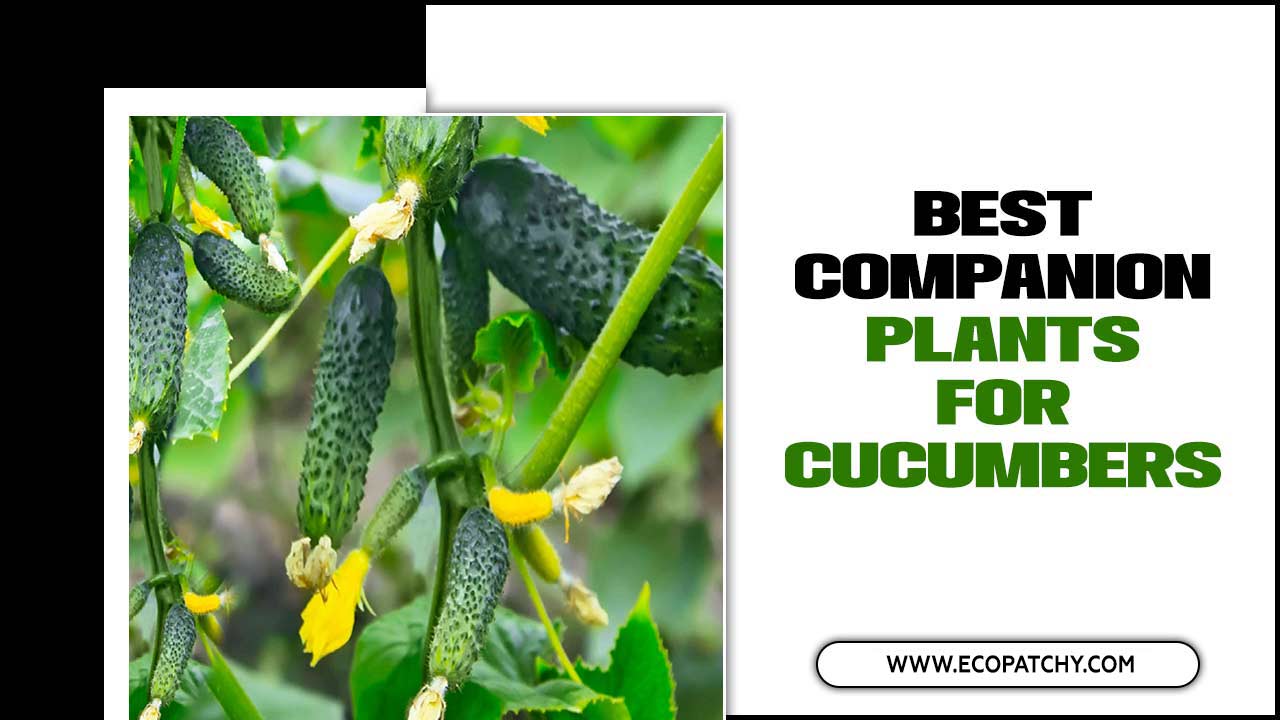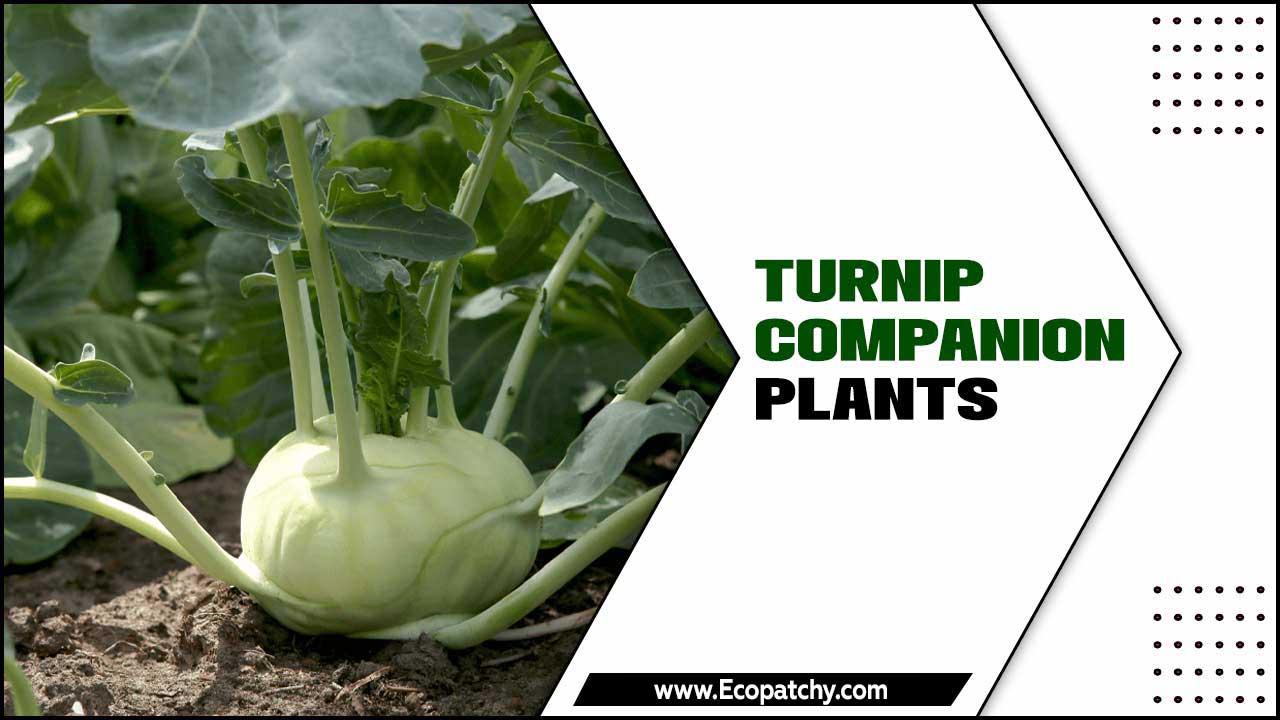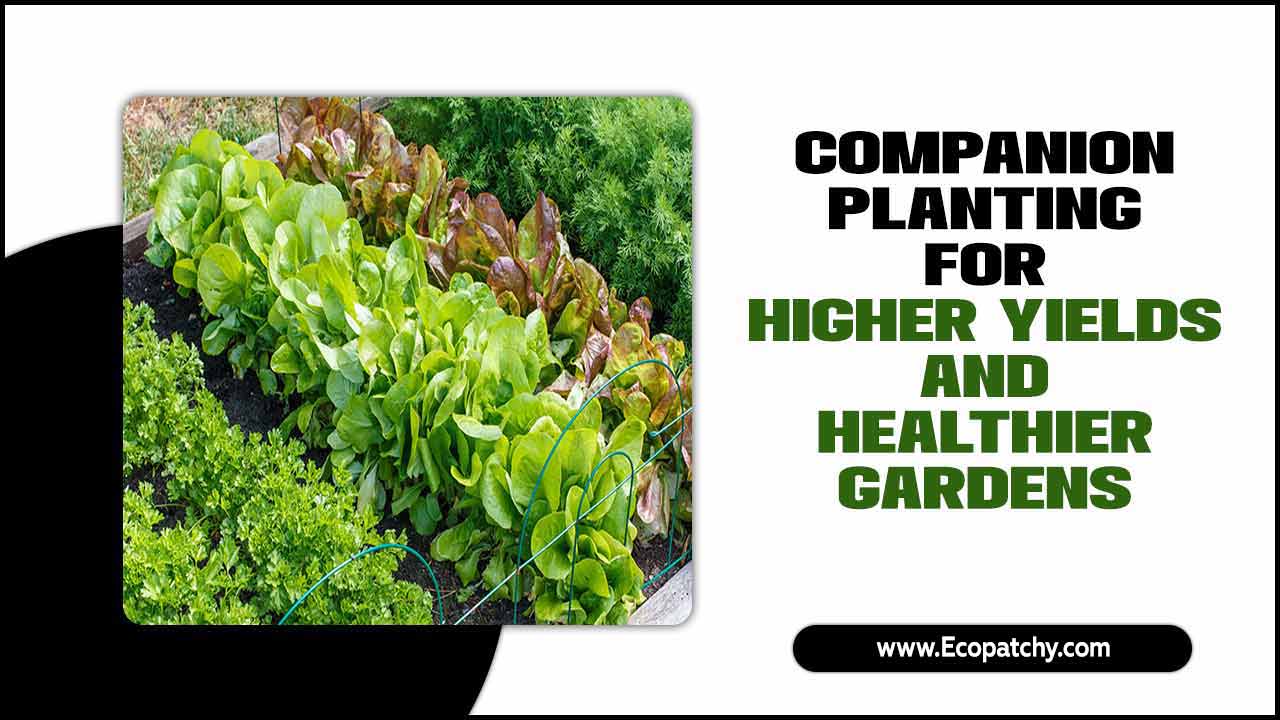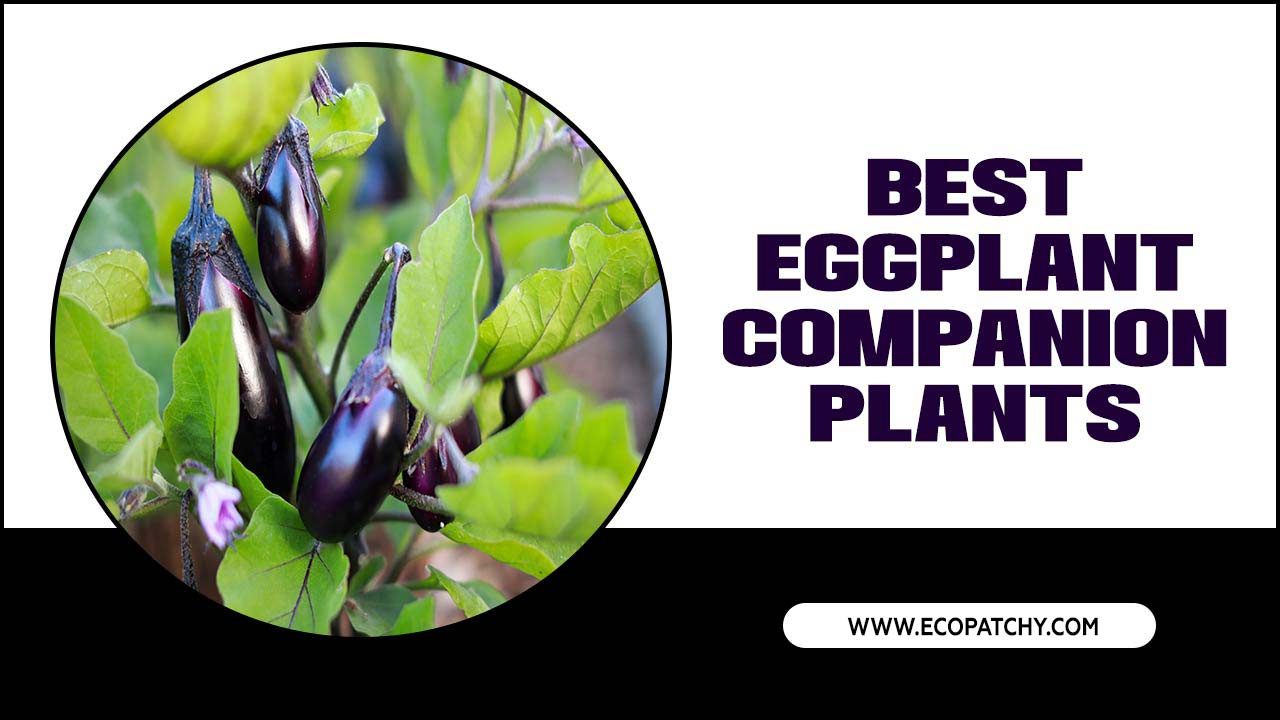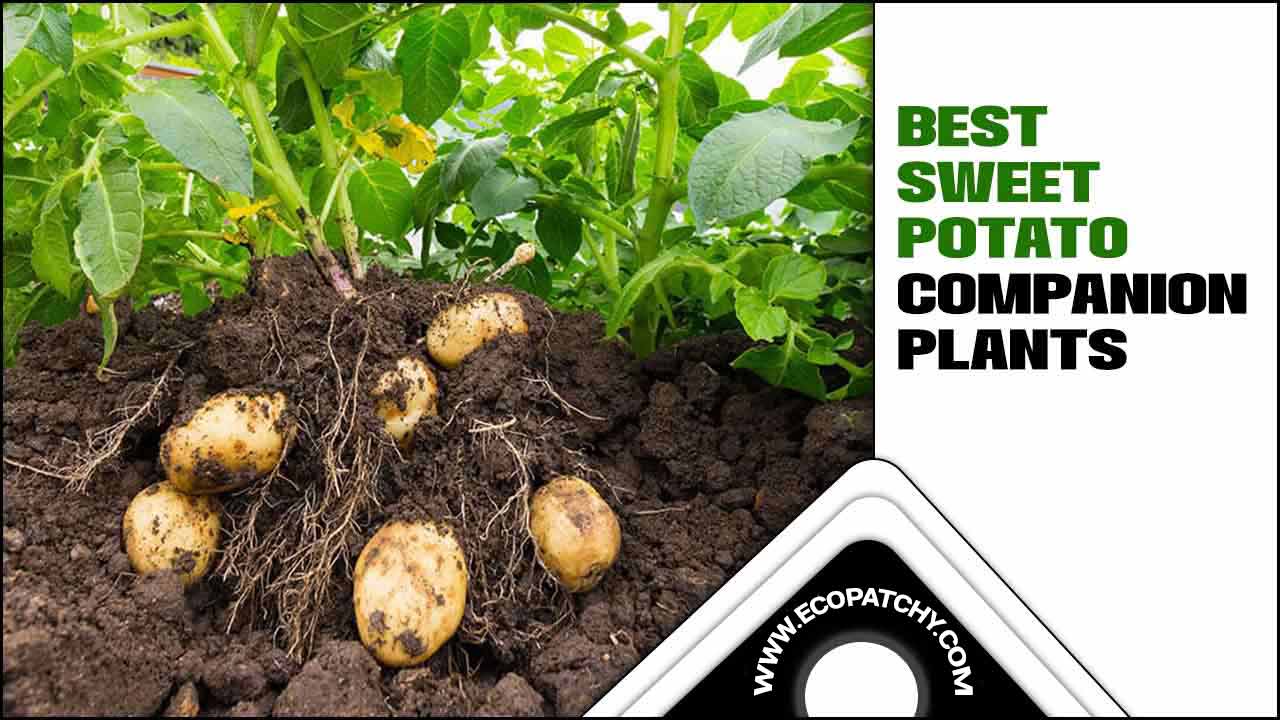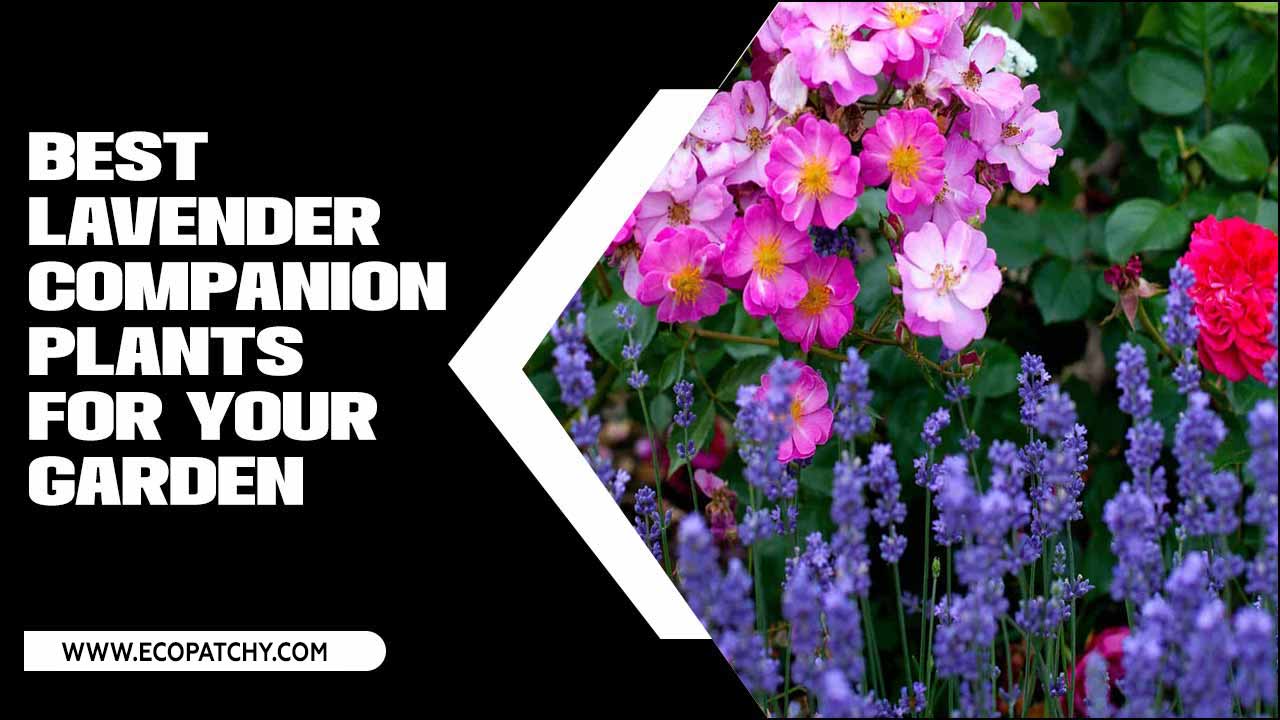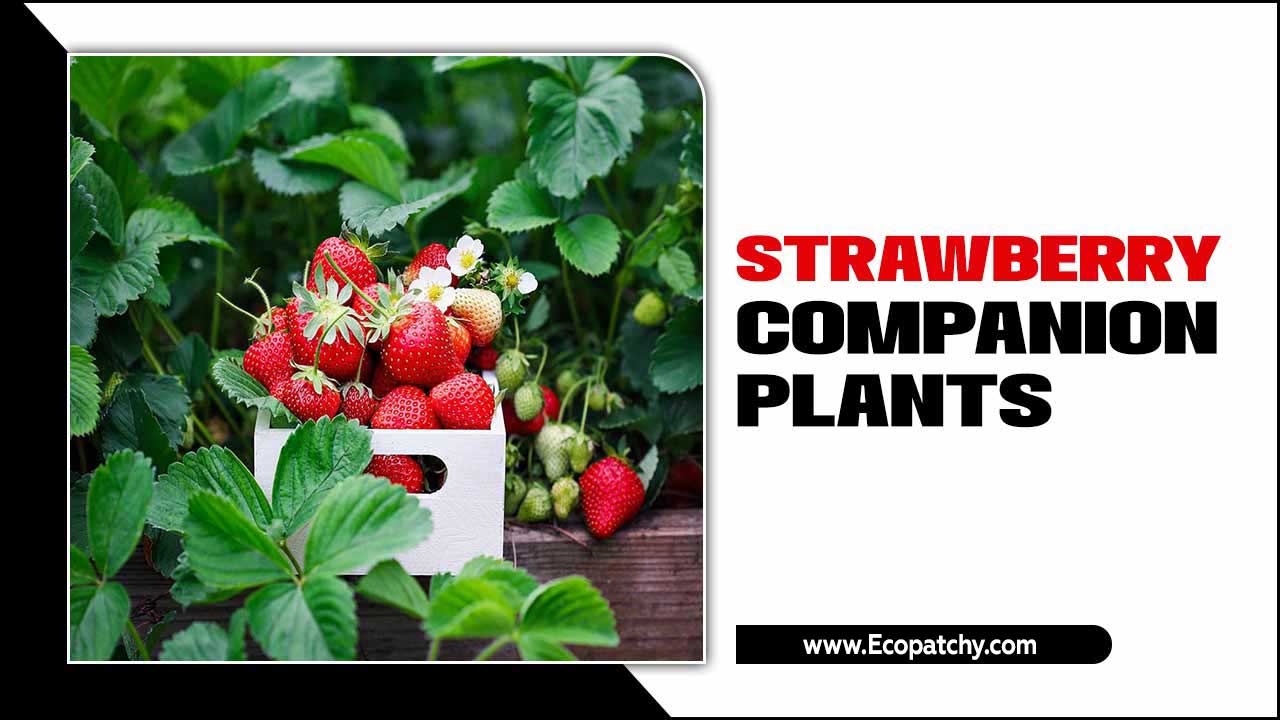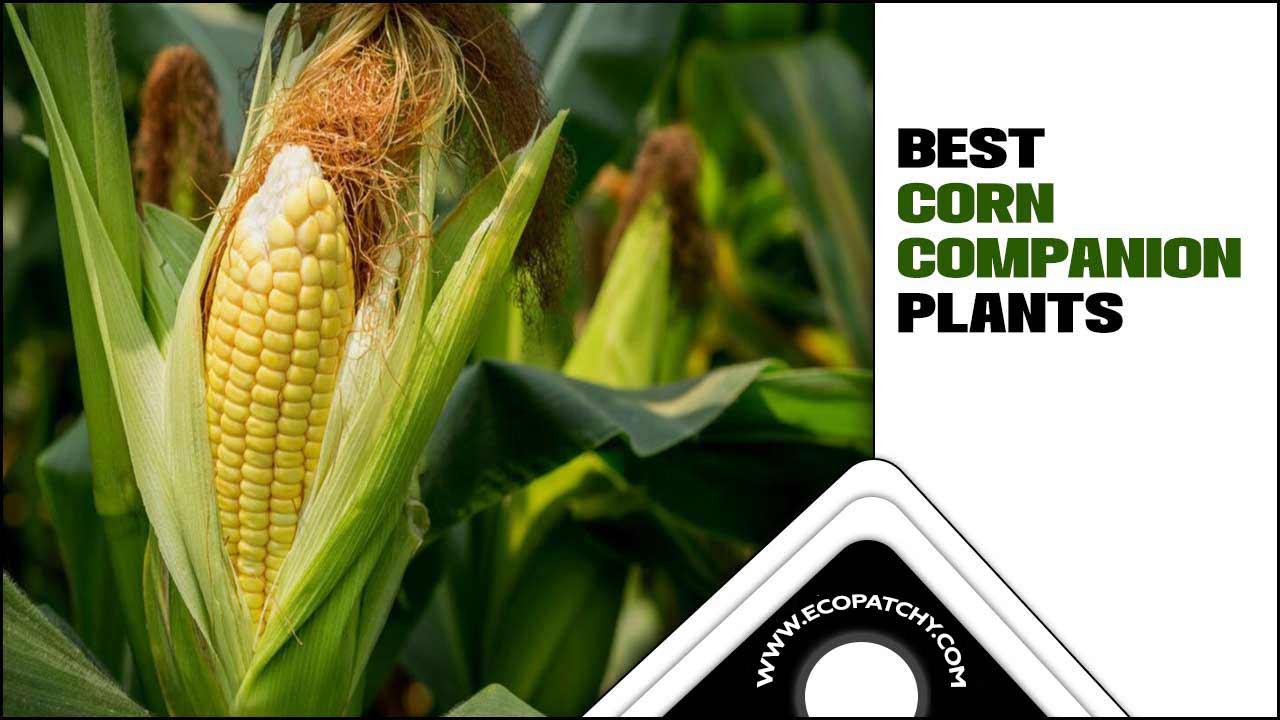As the popularity of home gardening continues to rise, more and more people are looking for ways to maximize their space and yield. One effective method is companion planting, which involves strategically placing plants together to enhance growth and deter pests.
While there are numerous options for companion plants, carrots are a versatile and popular choice for many gardeners. They thrive in various climates and soil conditions, offer a wealth of health benefits, and are a staple in many dishes.
However, like all plants, carrots can benefit from the support and protection of certain companion plants. We will explore the best carrot companion plants for your garden and their benefits, planting tips, and maintenance recommendations.
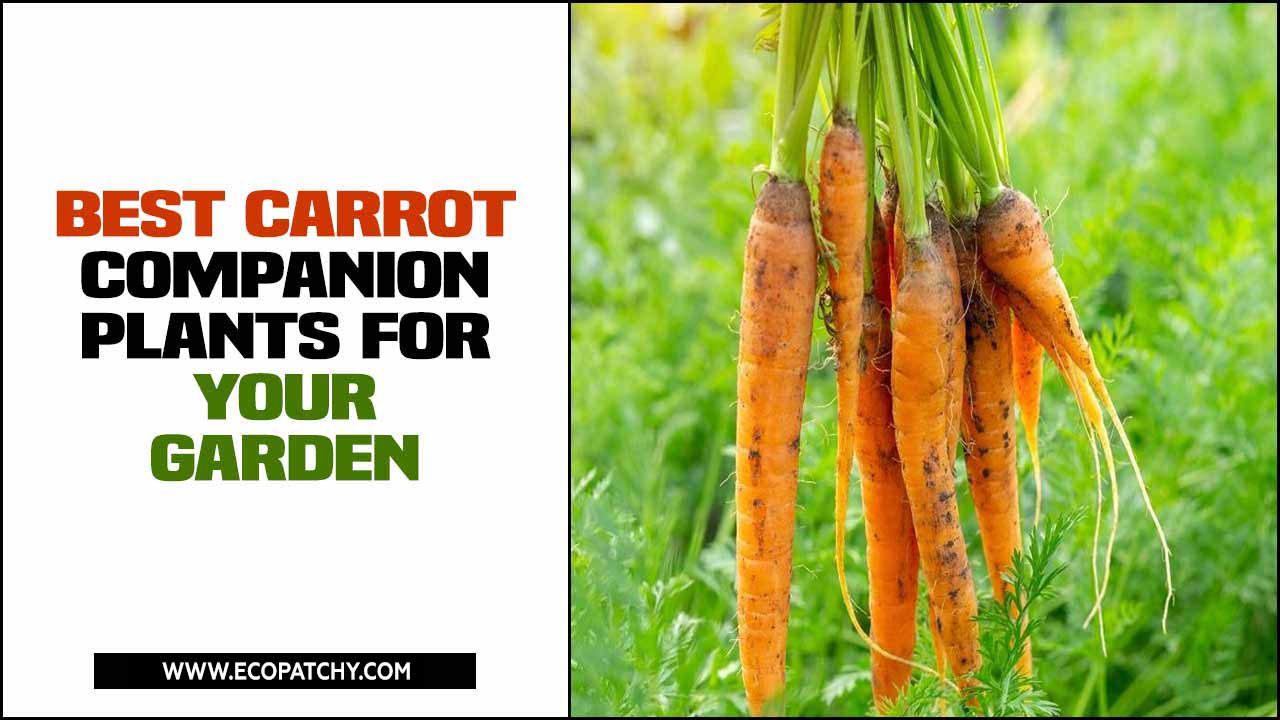
13 Best Carrot Companion Plants For Your Garden
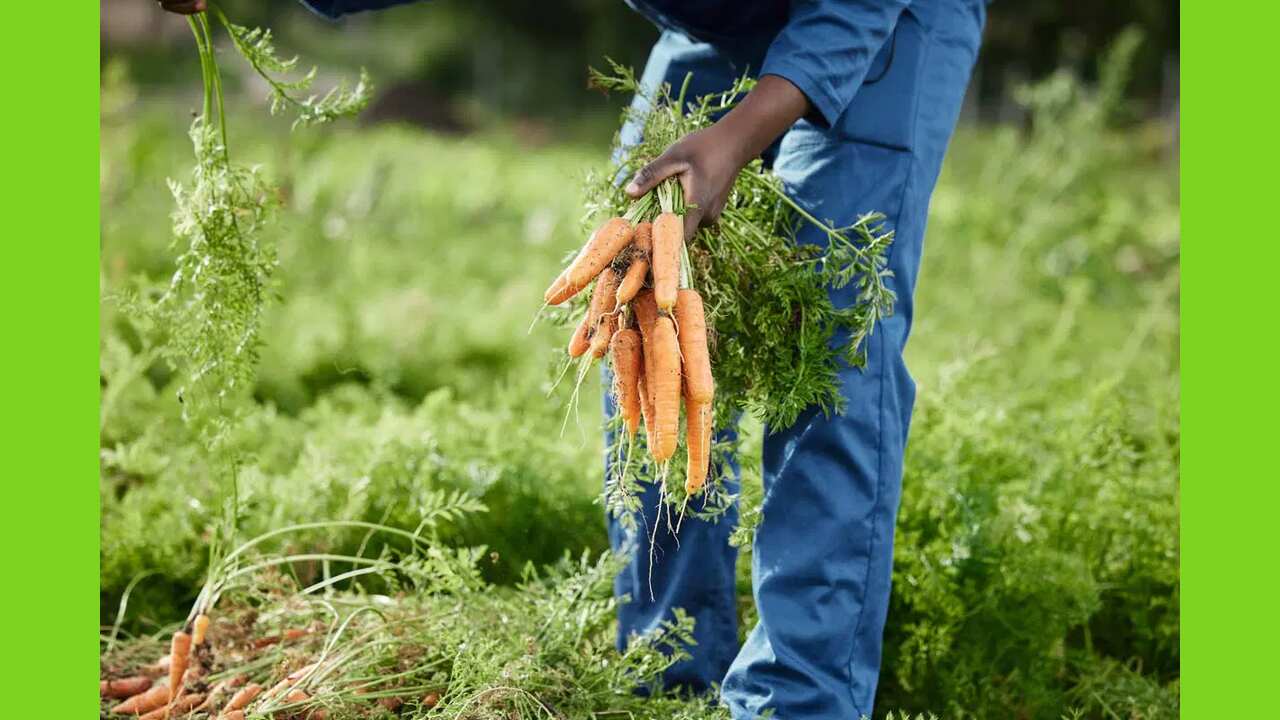
Regarding cultivating a thriving garden, choosing the right companion plants is crucial. For carrot enthusiasts, finding the best carrot companion plants can greatly enhance the growth and flavor of these root vegetables. One of the top choices for carrot companion plants is the humble onion.
Onions not only deter pests like carrot flies, but they also release compounds that promote healthy carrot growth. Here, we give you the 13 best carrot companion plants for your garden.
1.Flower And Herb Companions
Choosing the right flower and herb companions can make all the difference in creating a thriving and harmonious garden. One plant that particularly benefits from having compatible companions is the carrot. Carrots are a staple in many kitchens and a delight to grow in the garden.
Selecting the best carrot companion plants is essential to maximize their growth and flavor. One excellent carrot companion is the marigold. Marigolds add a vibrant burst of color to the garden and act as a natural pest deterrent. Their strong scent repels insects like aphids and nematodes, which can damage the delicate carrot roots.
2.Marigolds
When you want to enhance your garden’s productivity and health, consider planting marigolds as companion plants to your carrots. Marigolds, with their vibrant colors and strong fragrance, are visually appealing and serve as excellent companions for carrots. These beautiful flowers have long been recognized for their beneficial properties in gardening.
One of the main reasons why marigolds are considered the best carrot companion plants is their ability to repel pests. Marigolds emit a distinct scent that deters harmful insects such as nematodes, aphids, and carrot flies.
By surrounding your carrot plants with marigolds, you create a natural barrier that protects them from potential damage and infestation. This natural pest control method eliminates the need for harmful chemical pesticides, making it an eco-friendly choice for your garden.
3.Oregano

Oregano is not only a versatile herb in the kitchen, but it also has numerous benefits as a companion plant in the garden. Choosing the right companion plants can significantly improve their growth and flavor when growing carrots. And oregano is undoubtedly one of your garden’s best companions for carrots.
One of the primary reasons oregano is an excellent companion for carrots is its pest-repellent properties. Oregano emits a strong scent that deters many common garden pests, including aphids, carrot flies, and nematodes. By planting oregano near your carrot patch, you can naturally keep these pests at bay, reducing the need for chemical pesticides and ensuring healthier carrot plants.
4.Cilantro
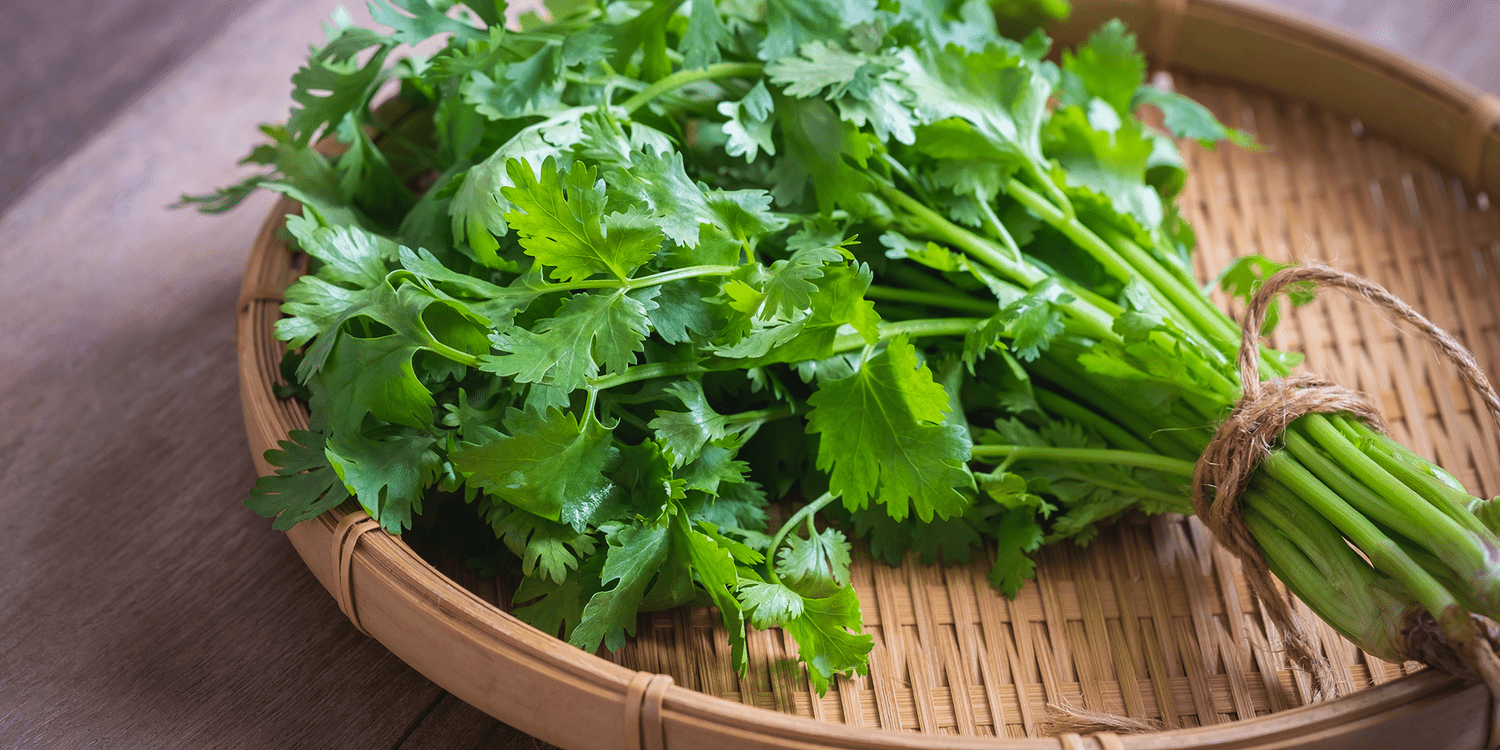
Regarding planning a successful garden, choosing the right companion plants is crucial. One such plant that can significantly enhance the growth and flavor of carrots is cilantro. Cilantro, also known as coriander, is an aromatic herb that not only adds a delightful taste to various dishes but also possesses several beneficial qualities that make it an ideal companion for carrots.
One of the main advantages of planting cilantro alongside carrots is its ability to attract beneficial insects such as ladybugs and hoverflies. These insects act as natural predators for pests commonly affecting carrots, such as aphids and carrot rust flies. By attracting these beneficial insects, cilantro helps to control pest populations, ensuring healthier and more robust carrot plants.
5.Borage
When planning your garden, it is essential to consider companion planting to maximize productivity and promote a healthy ecosystem. One of the best companions for carrots is borage. Borage, also known as starflower, is a versatile herb that offers numerous benefits to your garden.
Borage is an excellent attractant for pollinators such as bees and butterflies. Its vibrant blue flowers act as beacons, drawing these beneficial insects to your garden, which in turn helps pollute your carrot plants. A well-pollinated carrot crop leads to higher yields and healthier plants.
6.Daffodils
Daffodils are not only a beautiful addition to any garden, but they also serve as one of the best carrot companion plants. D daffodils are known for their vibrant yellow blooms, and sturdy stems benefit carrot plants and the overall garden ecosystem.
Daffodils act as natural pest deterrents for carrot plants. Their strong scent repels common pests like aphids, nematodes, and carrot flies, which can damage or destroy carrot crops. By planting daffodils near carrot patches, gardeners can reduce infestation risk without using harmful chemicals.
7.Rosemary

Regarding planning and cultivating a thriving garden, it is essential to consider the concept of companion planting. This practice involves strategically placing different plants together to maximize their growth and health. One such beneficial pairing is the combination of rosemary and carrots.
Rosemary, a fragrant and versatile herb, is an excellent companion for carrots due to its ability to deter pests and enhance the flavor of neighboring plants. Carrots, known for their vibrant colors and nutritional value, thrive when planted alongside rosemary.
The aromatic oils emitted by rosemary plants act as a natural deterrent for pests such as carrot flies and aphids, thus protecting the delicate carrot crop. Additionally, rosemary’s strong scent helps confuse and repel pests, safeguarding the carrots from potential damage.
8.Vegetable Companions
Regarding planning your garden, choosing the right vegetable companions can make all the difference in the success of your crops. One vegetable that benefits greatly from companion planting is the carrot. Carrots are a versatile and nutritious vegetable grown in various climates.
To ensure the health and productivity of your carrot plants, it is important to select the best carrot companion plants. One excellent companion for carrots is the onion. Onions have a strong scent that can repel pests such as carrot flies, which are known to damage carrot crops.
Additionally, onions can help deter weeds, providing a natural form of weed control. Other root vegetables like radishes and beets also make great carrot companions. These vegetables have different root depths, which helps to prevent competition for nutrients and space in the soil.
9.Tomatoes
Regarding gardening, choosing the right companion plants can make a significant difference in the success of your harvest. Tomatoes, being a staple in many home gardens, can greatly benefit from the presence of certain companion plants. One of the best companions for tomatoes is carrots.
Carrots are known to have a positive effect on tomatoes for various reasons. Firstly, carrots have a deep root system that helps improve soil structure and drainage. This benefits tomatoes by allowing for better nutrient absorption and water retention, leading to healthier plants and increased productivity.
Also, carrots can help deter pests such as nematodes and aphids that commonly attack tomatoes. Their strong scent and natural compounds act as a repellent, reducing the risk of infestation and damage to the tomato plants.
10.Onion

Regarding gardening, choosing the right companion plants can make all the difference in the health and success of your garden. One such combination that works exceptionally well is the pairing of onions and carrots. Both onions and carrots are versatile and nutritious vegetables that thrive in well-drained soil and full sun.
They also complement each other perfectly in terms of flavor and pest control. With their strong, spicy aroma, onions are a natural deterrent for many common garden pests. They repel carrot flies and other insects known to damage carrot crops.
On the other hand, carrots provide the perfect ground cover for onions as their foliage helps shade the soil, reducing weed growth and conserving moisture. This symbiotic relationship promotes healthy growth and maximizes the efficient use of space in your garden.
11. Scallions
Regarding planning your garden, choosing the right companion plants is essential for optimal growth and health. One such plant that pairs exceptionally well with carrots is scallions. Scallions, also known as green onions, add a delightful flavor to your culinary creations and provide numerous benefits when planted alongside carrots.
Scallions act as natural pest deterrents, particularly against carrot fly, a common pest that can wreak havoc on carrot crops. The strong scent of scallions confuses the carrot fly, preventing them from laying their eggs near the carrots. This natural defense mechanism helps to protect your carrot plants from infestation and potential damage.
12.Lettuce

Regarding gardening, selecting the right companion plants can make all the difference in ensuring a bountiful harvest. One such combination proven to be highly beneficial is lettuce and carrots. Lettuce, a popular leafy green, thrives when planted alongside carrots, creating a harmonious environment that promotes growth and health.
This successful pairing is due to the complementary nature of their growth habits. With its shallow root system, lettuce benefits from the presence of carrots as their deeper roots help break up the soil, improving its overall structure and aeration.
This allows the lettuce plants to establish strong root systems and access essential nutrients more efficiently. On the other hand, carrots benefit from the shade provided by the lettuce leaves, which helps regulate soil temperature and reduce moisture loss, creating an ideal environment for their growth.
13.Leeks
When planning your garden, it is essential to consider which plants work well together to maximize growth and yield. One such dynamic duo that gardeners should consider is the combination of leeks and carrots. With their mild and onion-like flavor, Leeks are not only delicious but also offer several benefits when planted alongside carrots.
Leeks and carrots are excellent companion plants because they do not compete for the same nutrients in the soil. While carrots require well-drained and loose soil, leeks prefer a fertile and moist environment. This contrasting need ensures that both plants have access to their specific requirements without causing any hindrance to one another.
What Are The Benefits Of Carrot Companion Plants
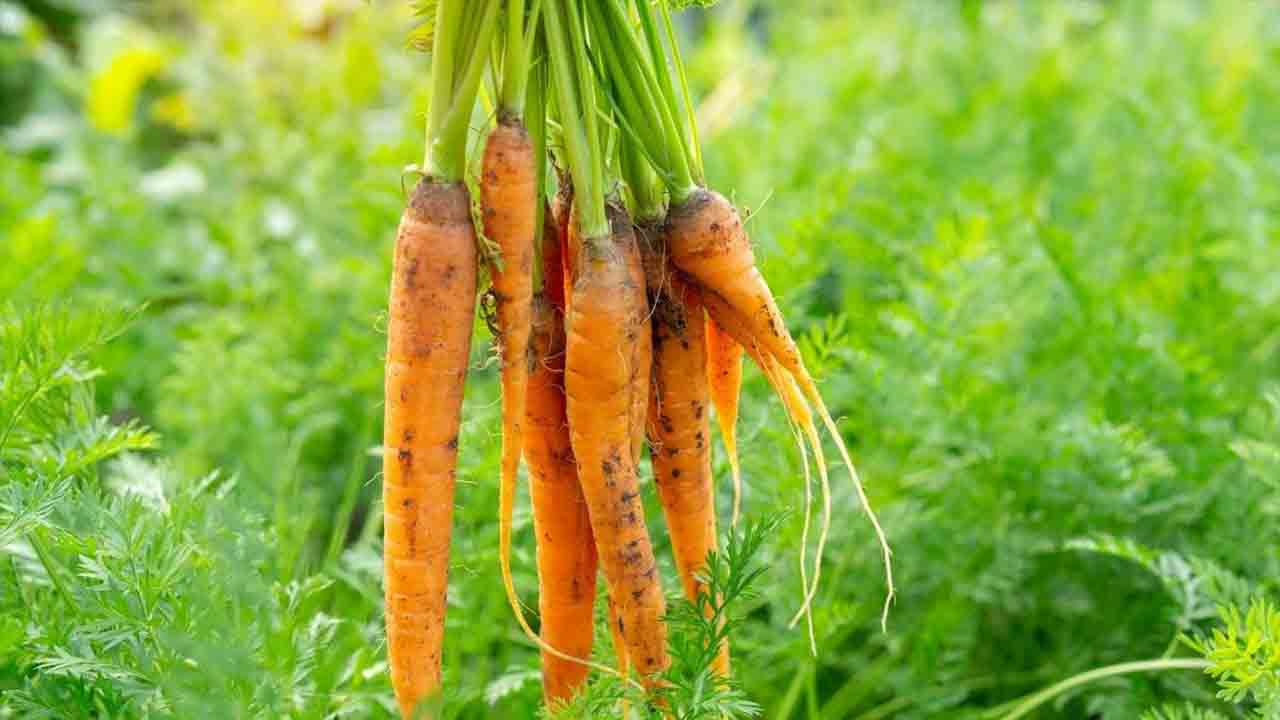
Understanding the benefits of carrot companion plants is crucial for any seasoned gardener or aspiring horticulturist. As a staple in many home gardens and commercial farms, carrots can greatly benefit from strategic companion planting.
By harnessing the power of companion plants, gardeners can improve the health and yield of their carrot crops and create a more harmonious and sustainable gardening environment.
- Carrot companion plants can help deter pests, such as carrot flies and nematodes, by acting as a natural repellent.
- Some companion plants, like onions and leeks, can help mask the scent of carrots, making it more difficult for pests to locate them.
- Certain companion plants, such as marigolds, can attract beneficial insects like ladybugs and hoverflies, which prey on carrot pests.
- Carrot companion plants can help improve soil health by enhancing nutrient availability and organic matter content.
- Some companion plants, like radishes, can help break up compacted soil and improve drainage, benefiting carrot growth.
- Planting herbs like dill or parsley near carrots can help improve their flavor and overall taste.
- Companion plants can provide shade and reduce weed growth, creating a more favorable growing environment for carrots.
- Interplanting carrots with other vegetable crops can maximize space utilization and increase overall garden productivity.
How To Maintenance Carrot Companion Plants
Knowing how to maintain carrot companion plants properly is essential for successful gardening. As a popular vegetable choice, carrots thrive when grown alongside certain companion plants that provide numerous benefits. One key reason why it is important to understand the maintenance of these companion plants is their ability to enhance the growth and yield of carrots.
- Choose suitable companion plants for carrots, such as onions, leeks, and radishes.
- Prepare the soil by removing weeds and loosening it to a depth of 810 inches.
- Plant the carrot seeds at the recommended spacing and depth, usually 1/4 to 1/2 inch deep and 1 inch apart.
- Water the carrot plants regularly, but avoid overwatering, as carrots prefer slightly moist but not waterlogged soil.
- Mulch the soil around the carrot plants to suppress weed growth and retain moisture.
- Thin out the carrot seedlings about 12 inches tall, leaving 24 inches of space between each plant.
- Look for pests and diseases, such as carrot flies and fungal infections, and take appropriate measures to prevent or control them.
- Regularly remove weeds from the carrot bed to prevent competition for nutrients and water.
- Harvest the carrots when they reach the desired size, usually 60
Planting Tips For Carrot Companion Plants
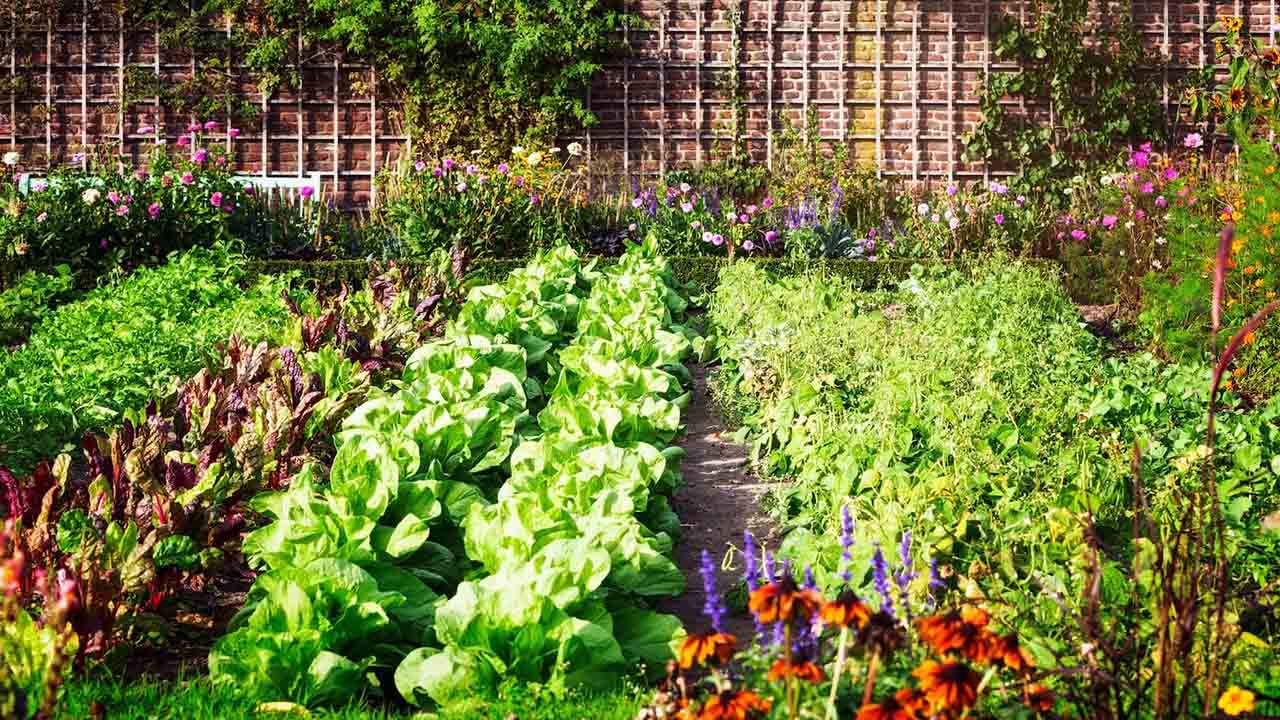
In gardening, a comprehensive understanding of planting tips for carrot companion plants is of utmost importance. As a popular vegetable, carrots have specific requirements and preferences regarding their growing environment. By knowing which plants complement and support the growth of carrots, gardeners can maximize their harvest and ensure the overall health of their crops.
- Choose companion plants with shallow roots to avoid competing with the carrots for nutrients and water.
- Plant onions, garlic, and leeks near carrots to repel pests like carrot flies.
- Consider planting herbs like cilantro, dill, and parsley near carrots to attract beneficial insects that prey on carrot pests.
- Avoid planting carrots near nightshade family members, such as tomatoes, potatoes, and peppers, as they can inhibit carrot growth.
- Interplant carrots with lettuce or radishes to maximize space and discourage weeds.
- Ensure that the companion plants receive similar sunlight and watering requirements as carrots.
- Rotate carrot companion plants each season to prevent soil nutrient depletion and disease buildup.
- Regularly monitor the garden for pests and take appropriate action to prevent damage to the carrots and their companion plants.
- Provide adequate space between carrot companion plants for proper growth and air circulation.
Conclusion
Adding companion plants to your garden can greatly benefit the growth and health of your carrots. Companion plants are specific plants planted alongside each other for mutual benefit. In the case of carrots, these companion plants provide various advantages that can lead to a more bountiful harvest.
Whether deterring pests, improving soil quality, or providing necessary shade, these plants work together with carrots to create a balanced and thriving garden. You can ensure a successful and bountiful harvest by incorporating some of the best carrot companion plants mentioned above. If you read the above outline properly, we hope you understand the best carrot companion plants for your garden.
FAQ
1.What Are Some Of The Best Companion Plants For Carrots In Your Garden?
Ans: Some great companion plants for carrots include onions, leeks, and garlic. These help to deter pests and improve the flavor of the carrots. Carrots are a popular and versatile vegetable that can be enjoyed raw, cooked, or even juiced.
2.Why Should You Consider Planting Companion Plants With Your Carrots?
Ans: Companion plants can provide natural pest control, attract beneficial insects, and enhance your carrot plants’ overall health and growth.
3.How Do Onions Benefit Carrots When Planted Together?
Ans: Onions release a strong scent that repels pests, such as carrot flies, that can damage carrot crops. Additionally, the smell of onions can help mask the scent of carrots, making them less attractive to pests.
4.Are There Any Plants That Should Not Be Planted Near Carrots In The Garden?
Ans: Yes, a few plants should be avoided as companions for carrots. Carrots should not be grown near dill, parsnips, or fennel, as these can negatively affect the growth and flavor of carrots. It’s best to keep these plants separate in your garden.
5.How Do Companion Plants Benefit Carrots In The Garden?
Companion plants for carrots provide multiple benefits. For instance, onions and garlic repel pests, preventing damage to carrot roots. Additionally, some companion plants attract beneficial insects that help control harmful pests, resulting in healthier carrot plants.

